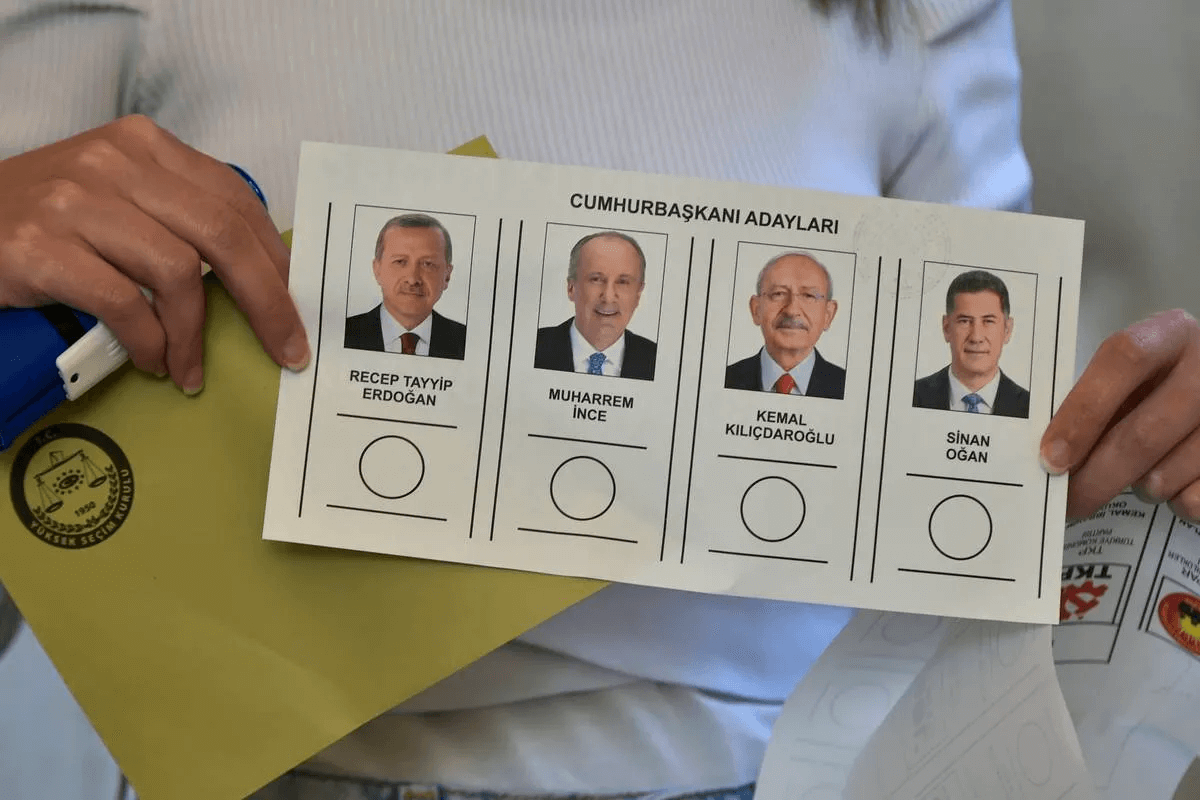The Turkish Elections: A Turning Point for The Nation
Ahmad Alzoubi | 03 May 2023
The possibility of President Recep Tayyip Erdogan and his party losing the Turkish presidential and parliamentary elections on 14 May has recently sparked debate about the country's future. Erdogan has been in power for more than 20 years and is facing his toughest challenge yet in the upcoming elections.
If Erdogan loses the election, the Turkish political landscape will change dramatically. The new government will have to steer the country through several obstacles such as economic insecurity, political polarisation and regional hostilities. It is also probable that the incoming government may take a different approach to foreign policy, particularly in reference to the Syrian war and relations with the West.
Erdogan's government has been involved in the Syrian conflict, sponsoring specific opposition groups and supplying them with help militarily, as well as hosting four million Syrian refugees.
However, the magnitude of the possible shift in policy with regards to Syria and its impact on the situation in the war-torn country are unknown and would be determined by the new government's policies and decisions.
The main factors influencing Erdogan's election fate are:
• The youth who oppose Erdogan's programmes;
• Turkiye's poor economic situation;
• Syrian refugees and political exploitation by the Turkish opposition;
• The Allawiad-Kurdish alliance against Erdogan's government.
Erdogan has been a key player in the Syrian conflict and Turkiye has been involved in the conflict both militarily and diplomatically, a new Turkish leader will mean a new foreign policy and therefore a possible shift in the balance of power in the region. Erdogan has also been a vocal supporter of certain Syrian opposition groups, his departure from power could bring such backing to an end.
That being said, it's important to keep in mind that the Syrian conflict is a complex issue that involves many different actors, both regional and international. Therefore, any changes in Turkish leadership would be just one of many factors that could impact the situation in Syria.
Relations with Russia
Erdogan's government has also had a complex relationship with Russia, with both countries being on opposing sides in the Syrian conflict. In recent years, however, they have been working to improve their ties, particularly through economic and military cooperation. They have also come together with Syria and Iran in an effort to resolve the Syria conflict.
Any new government in Turkiye, could change Ankara's approach towards Russia and it's possible that a new government might be more inclined to support the West's policies towards Moscow and reduce Ankara's dealing with the country. But this, like many other policies which any new administration would take, depends on the political climate at the time, economic ties, regional geopolitical dynamics and the American role in Turkiye.
Ahmad Alzoubi, Journalist, living in São Paulo, Alzoubi is a doctoral candidate in the Program Communication at the Methodist University of São Paulo, studying the relationship between Palestinians in Latin America and the role of the media in preserving their culture and identity. He publishes articles on relations between Latin American countries and the Palestinian cause, with a particular interest in Brazil.
This article was originally published on Middle East Monitor.
Views in this article are author’s own and do not necessarily reflect CGS policy.
